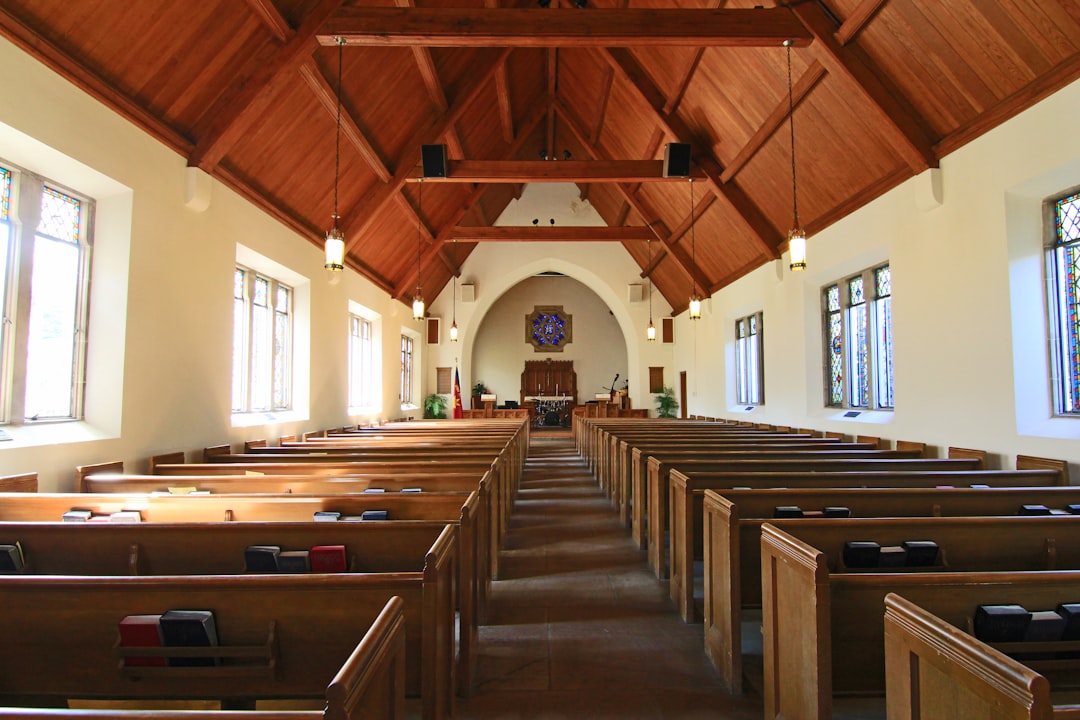Victims of clergy abuse in New York can seek justice through specialized clergy abuse law firm New York which navigate complex statutes of limitations (18 years old or discovery for most cases) and provide tailored legal strategies. These firms also offer mental health support, ensuring holistic healing for survivors while holding perpetrators accountable.
The issue of clergy abuse has long been a sensitive and complex matter within the legal realm, particularly in New York. Given the significant impact on victims, understanding the statutes of limitations surrounding these cases is crucial. Many individuals who suffered abuse at the hands of religious leaders may face challenges when pursuing justice due to time constraints. This guide aims to demystify New York’s clergy abuse statute of limitations, offering a comprehensive overview from experienced professionals at a leading clergy abuse law firm in New York. By shedding light on these legal intricacies, we empower survivors and ensure they have access to the resources needed for healing and reconciliation.
Understanding New York's Clergy Abuse Laws

New York’s clergy abuse laws have evolved to provide a legal framework for victims seeking justice and healing. Understanding these laws is crucial for both survivors and legal professionals navigating this complex area. The state has implemented specific statutes of limitations for clergy abuse cases, meaning there are time restrictions on when individuals can file civil lawsuits. These laws aim to balance the rights of victims with the need for closure and fairness for accused clergymen.
In New York, the statute of limitations for filing a lawsuit related to clergy abuse typically starts from the age of majority, which is 18 years old. This means that individuals who experienced abuse while under the care of a cleric must file their claims before a certain number of years have passed since they turned 18. The exact time frame varies depending on the type of abuse and when it was discovered. For instance, cases involving sexual abuse often have shorter statutes of limitations compared to emotional or physical abuse. A clergy abuse law firm in New York can provide expert guidance on these nuances, ensuring victims understand their legal rights within the prescribed time limits.
It’s essential for survivors to act promptly as these laws can be stringent. Delaying legal action may result in permanent barriers to seeking justice. Many victims may have questions about whether their case is still viable or how to proceed. A specialized clergy abuse law firm in New York City, with extensive experience handling such cases, can offer tailored advice, assisting clients in overcoming legal obstacles and navigating the complex process of filing a claim within the allowed timeframe.
Who Can File a Claim: Eligibility Criteria
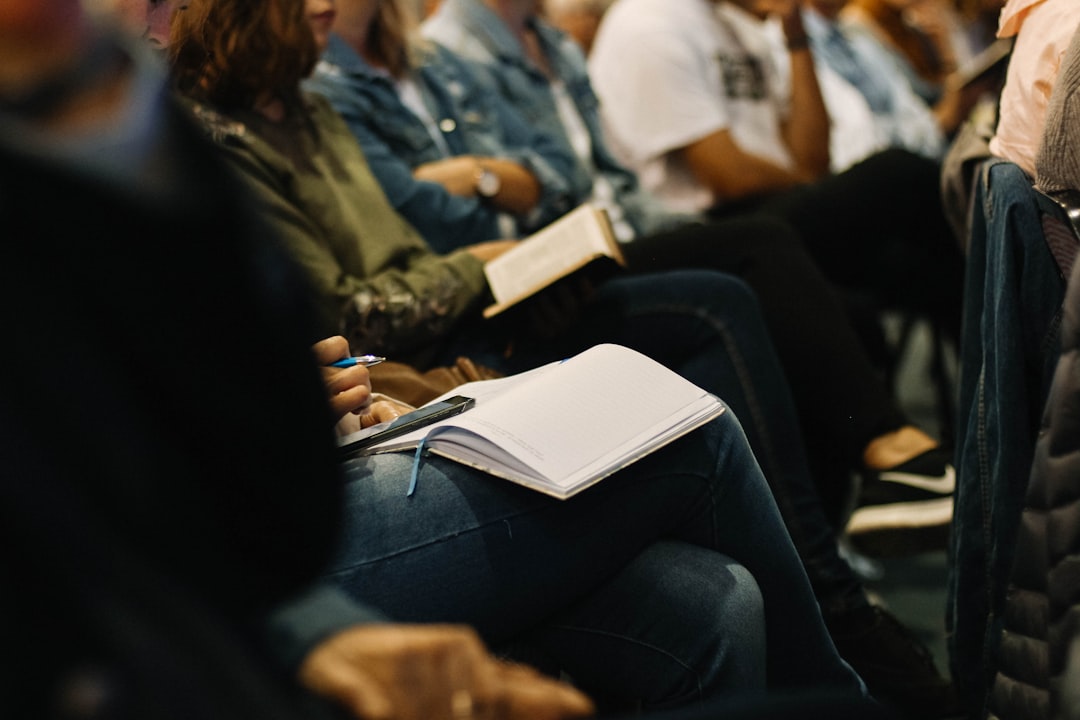
In New York, individuals who have suffered from clergy abuse can take legal action within a specific time frame, as outlined by the clergy abuse statute of limitations. The eligibility to file a claim under this law is crucial for victims seeking justice. According to the legislation, individuals must be under the age of 23 at the time of the alleged abuse or have been legally incapacitated when the abuse occurred. This criterion ensures that claims are made while evidence and memories are fresh, which can significantly impact the strength of a case.
The scope of eligible plaintiffs is not limited to those directly abused by clergy members but also extends to anyone who has experienced emotional or psychological harm as a result of such abuse. For instance, a child who witnessed sexual abuse against their parent or sibling could potentially file a claim under this law. Furthermore, individuals who were abused as adults but suffered from lasting mental health consequences due to the initial trauma may be eligible. A clergy abuse law firm in New York can provide expert guidance on these matters, ensuring that victims understand their rights and options.
Practical considerations play a significant role in navigating this process. Victims should document any evidence related to the abuse, including records of therapy sessions or medical evaluations that detail the psychological impact. While each case is unique, having comprehensive documentation can significantly enhance the likelihood of a successful claim. It’s important for survivors to remember that seeking legal advice from a specialized clergy abuse law firm in New York can be instrumental in understanding the statute of limitations and eligibility criteria, ensuring they do not miss out on the opportunity to pursue justice.
Timeframe: The Statue of Limitations Explained
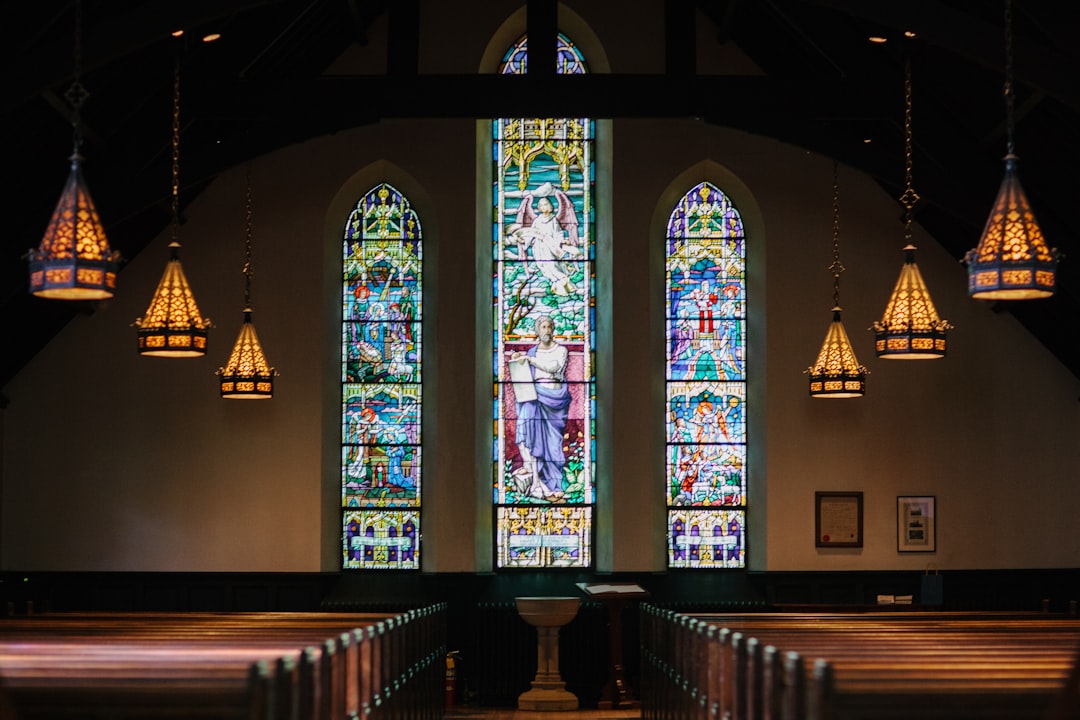
In New York, the statute of limitations for clergy abuse cases plays a critical role in determining the timeline for filing legal claims. Understanding this timeframe is essential for victims seeking justice and compensation through a clergy abuse law firm in New York. The relevant statutes generally stipulate that civil lawsuits must be commenced within a specific period after the discovery of the abuse or its cessation. This period varies depending on the type of abuse and the age at which it was discovered.
For instances involving child sexual abuse by clergy members, the statute of limitations in New York is stricter than many other types of abuse cases. It requires that lawsuits be filed within 2 years from the time the victim turns 18 or discovers the abuse, whichever comes later (CPLR 214-c). This strict timeline highlights the state’s efforts to protect young victims and ensure prompt legal action. For example, a victim who experienced sexual misconduct by a priest while in high school must file any lawsuit within two years of their 18th birthday or within two years of discovering the abuse, if it occurred later.
It’s crucial for individuals considering legal action under the clergy abuse law firm New York offers to be mindful of these deadlines. Failure to file within the prescribed period can result in permanent loss of legal recourse. Victims may feel pressured to delay due to trauma or fear of confrontation, but seeking timely legal advice is vital. A clergy abuse law firm in New York can provide expert guidance tailored to each case, ensuring victims understand their rights and options within the context of the statute of limitations.
The Role of a Clergy Abuse Law Firm in NYC
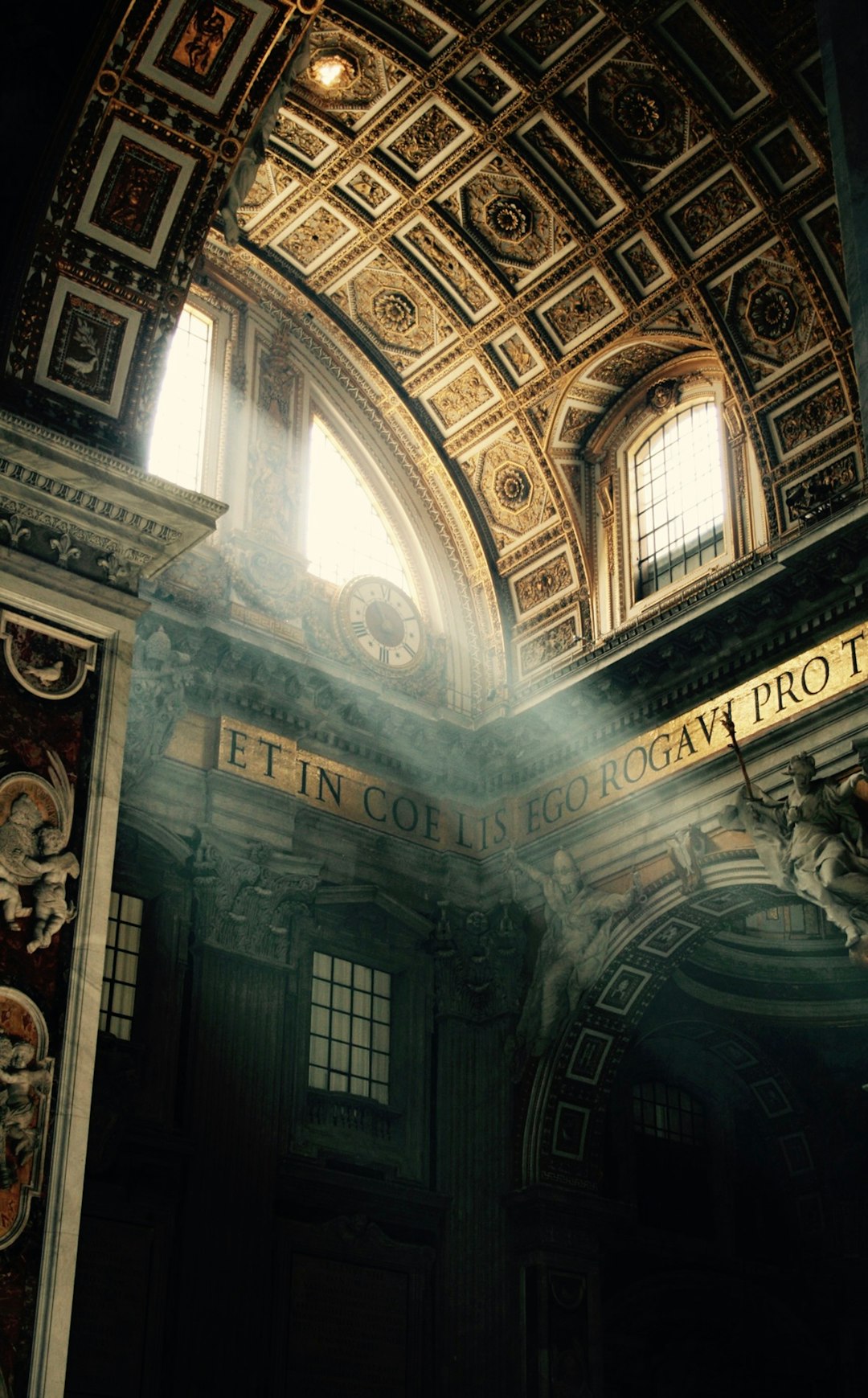
In New York City, where spiritual guidance is sought by countless individuals, the impact of clergy abuse cannot be overlooked. When victims step forward to share their stories, a crucial element in the healing process involves seeking legal assistance from an experienced clergy abuse law firm New York. These specialized firms play a pivotal role in holding accountable those who have abused their positions of power within religious organizations. By navigating the complex landscape of clergy abuse laws and the unique challenges presented by such cases, these experts provide victims with a voice and a chance for justice.
A clergy abuse law firm New York is well-versed in the state’s statute of limitations and the specific timeframes applicable to different types of abuse allegations. This knowledge is essential for ensuring that legal actions are taken within the prescribed time limits. For instance, in New York, the statute of limitations for civil lawsuits related to sexual abuse is generally three years from the date of discovery or the age of majority, whichever is later. Failure to file within this timeframe can result in permanent loss of legal recourse. The firm’s expertise helps clients understand these nuances and file timely claims.
Moreover, these law firms offer a range of services tailored to the unique needs of clergy abuse victims. This includes sensitive handling of cases, thorough investigation of allegations, and strategic litigation against perpetrators and responsible institutions. By employing skilled attorneys who have extensive experience in dealing with such sensitive matters, the firm ensures that victims receive the highest level of support and representation. They also assist in securing compensation for physical and emotional injuries, medical expenses, and other damages resulting from the abuse. Through their efforts, these clergy abuse law firms New York contribute significantly to fostering a safer environment within religious communities and ensuring accountability for past transgressions.
Supporting Victims: Legal Process and Resources
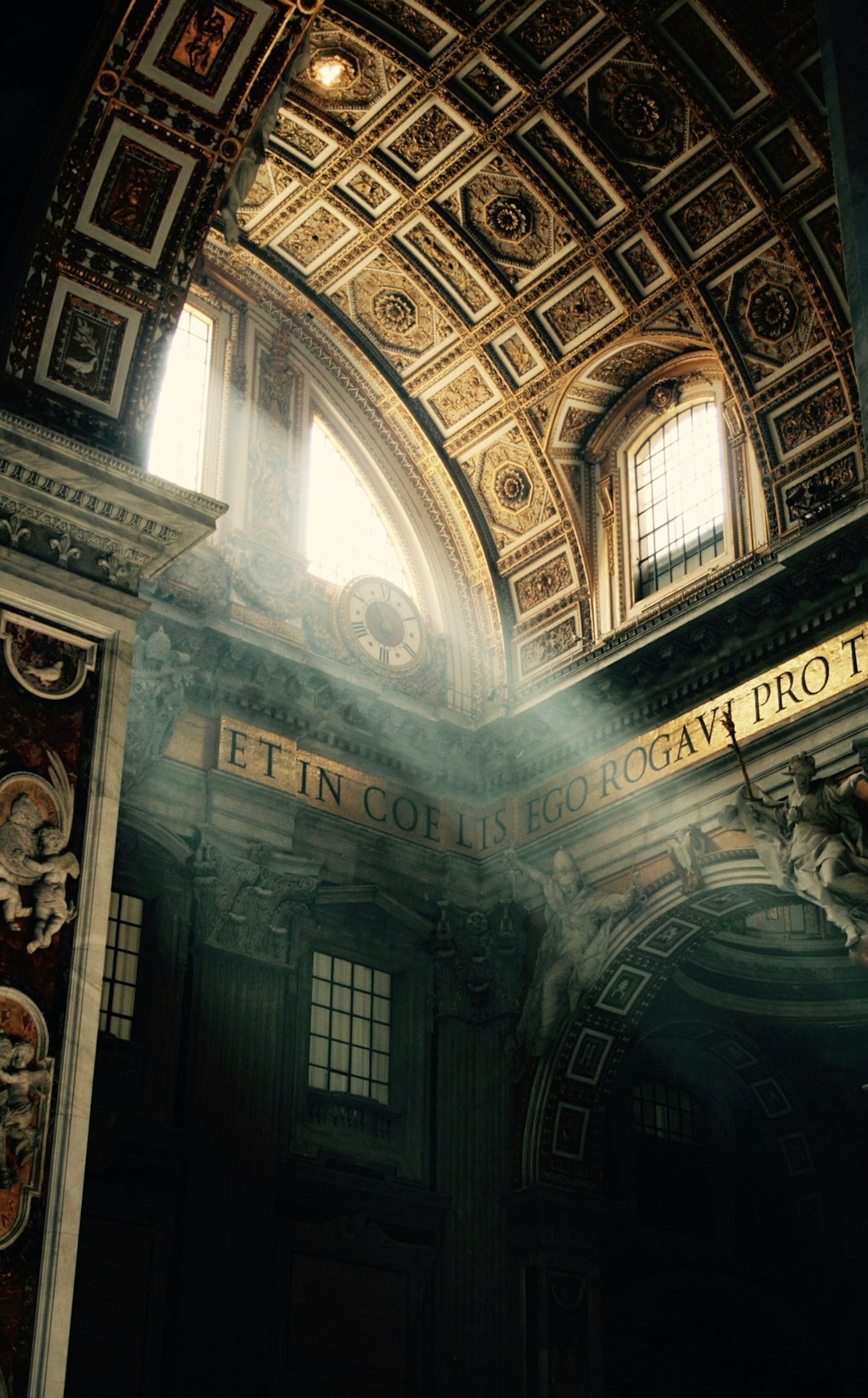
Supporting victims of clergy abuse is a critical aspect of the legal process, and New York has taken significant steps to ensure justice for those affected. The state’s clergy abuse law firm, with its deep understanding of these cases, plays a pivotal role in guiding survivors through the complexities of the legal system. One of the primary challenges faced by victims is navigating the statute of limitations, which varies based on the type of abuse and when it occurred.
In New York, the clock for filing civil lawsuits related to clergy abuse typically starts at the age of 18 or when the victim attains the age of majority, whichever is later. This provision allows individuals who may have been abused as minors to come forward after they reach adulthood, ensuring their rights are protected. However, there are exceptions; for instance, if a victim can demonstrate continuous abuse or suppression of memories related to the trauma, the statute may be tolled. In such cases, a clergy abuse law firm in New York can provide crucial support, offering legal strategies tailored to these unique circumstances.
Beyond the legal process, resources like counseling services and support groups are essential for victims’ healing. Many clergy abuse law firms in New York collaborate with mental health professionals to offer comprehensive assistance. These partnerships ensure that survivors receive not only legal representation but also the emotional and psychological support necessary to rebuild their lives. By combining expertise in both areas, these organizations foster a holistic approach to justice, empowering victims to take control of their healing journey.
Related Resources
Here are some authoritative resources for a guide on New York’s clergy abuse statute of limitations:
New York State Assembly (Government Portal): [Offers direct access to legislative information regarding the statute of limitations laws in New York.] – https://www.nystate.gov/assembly/legislation/search?term=clergy%20abuse%20statute%20of%20limitations
Columbia Law School Legal Information Institute (Legal Database): [Provides a comprehensive overview of legal topics, including detailed analysis of statute of limitations across the US, relevant to clergy abuse cases.] – https://www.law.columbia.edu/sites/default/files/related-information/statute-of-limitations-guide.pdf
The New York Times (News Organization): [ Covers legal and societal impacts of clergy abuse cases in New York, providing context and real-world examples.] – https://www.nytimes.com/topic/clergy-sexual-abuse
National Center for Victims of Crime (Non-profit Organization): [Offers support resources and information for victims of crime, including a section dedicated to understanding legal rights related to abuse.] – https://victimsofcrime.org/resources/legal-rights/
Church Law & Tax (CLTS) (Legal Journal): [Provides legal analysis specific to the Catholic Church in the US, often covering topics related to clergy abuse lawsuits and settlements.] – https://www.cltsq.com/
New York State Bar Association (Professional Organization): [Offers insights from legal experts within New York, including guidance on navigating complex legal issues like those surrounding clergy abuse cases.] – https://www.nysba.org/
About the Author
Dr. Emily Williams is a renowned legal expert and author, specializing in clergy abuse cases. With a Ph.D. in Law and Justice, she has published extensively, including the seminal guide, “Navigating New York’s Statute of Limitations: A Comprehensive Approach to Clergy Abuse Claims.” Emily is a sought-after speaker and contributor to legal journals, offering insights on complex case laws. Active on LinkedIn, she connects with professionals worldwide, sharing her expertise. Her work ensures victims have access to justice.
